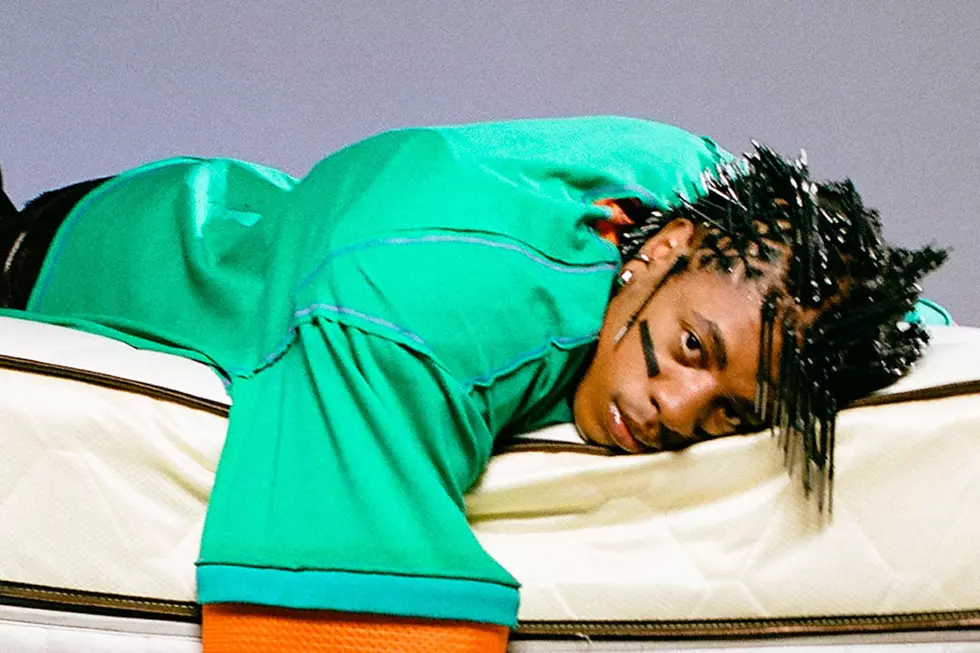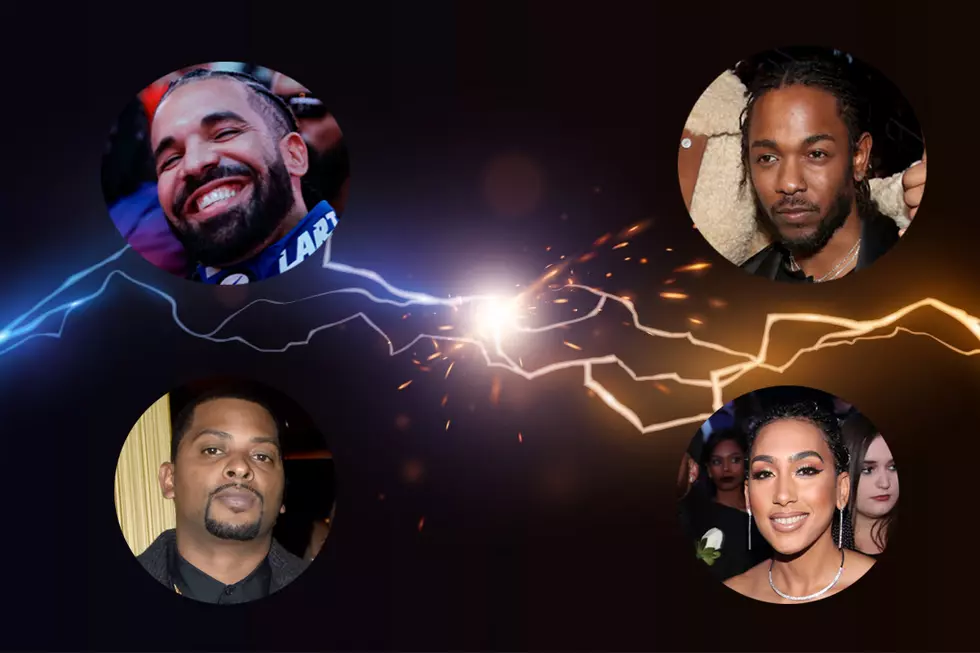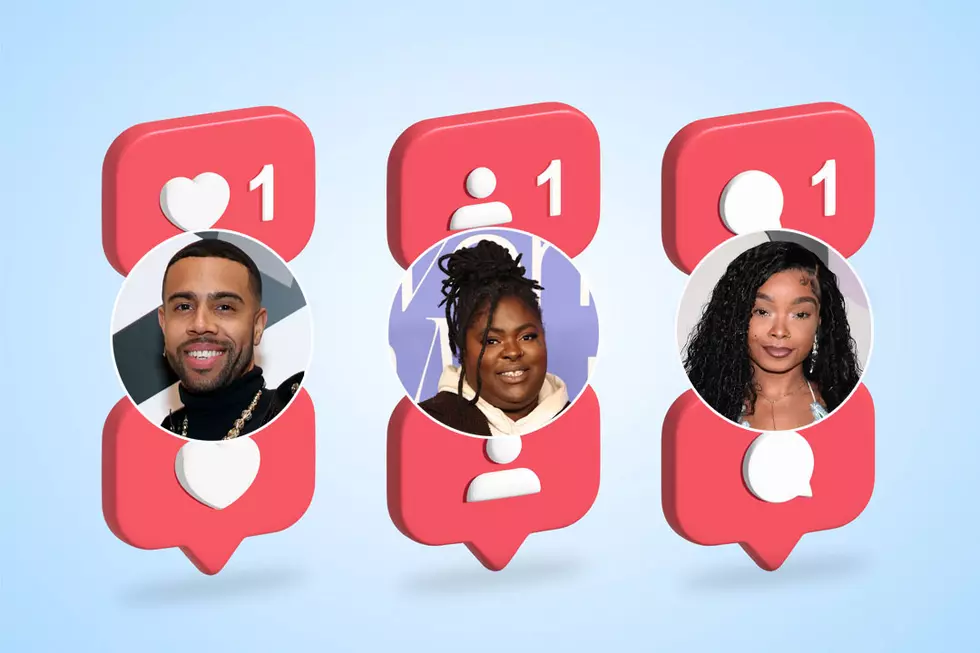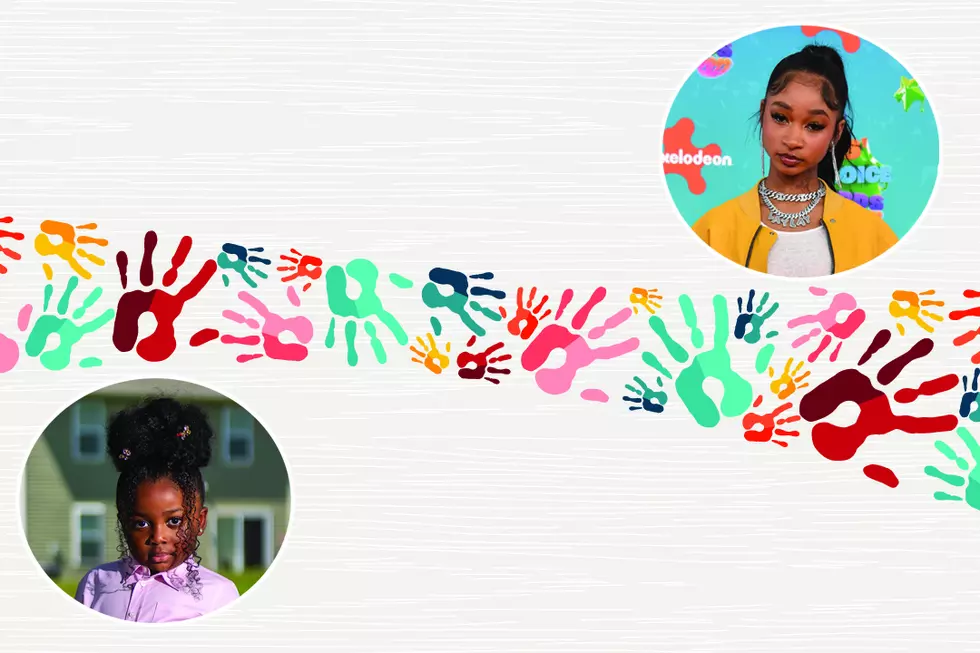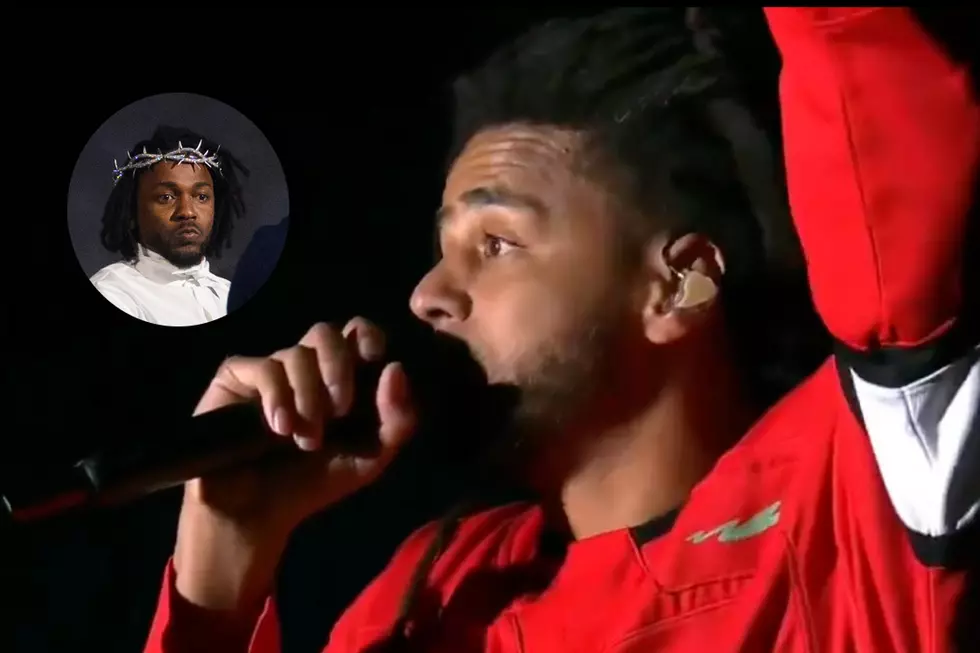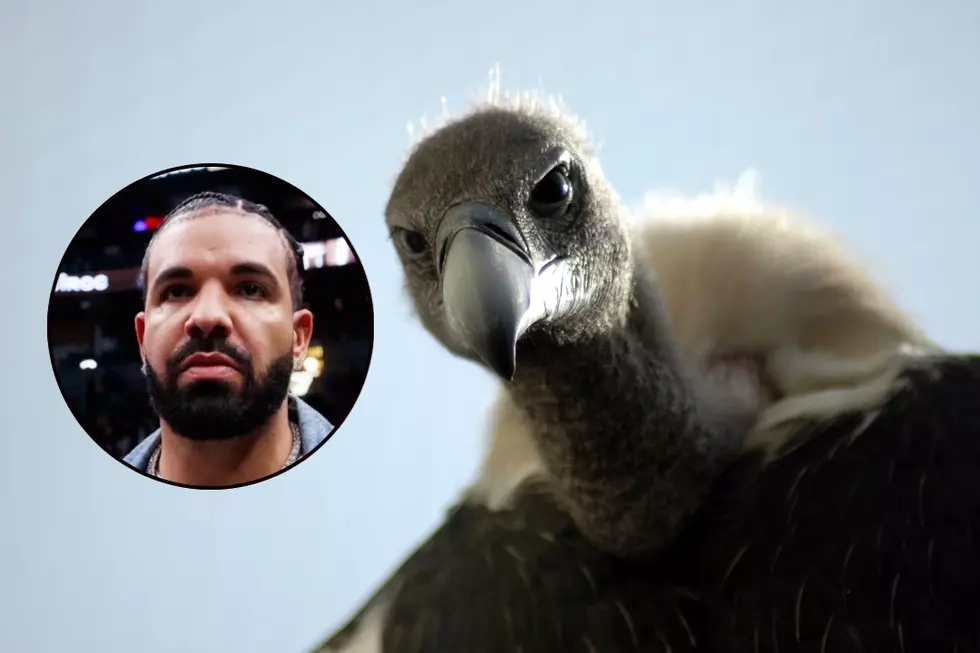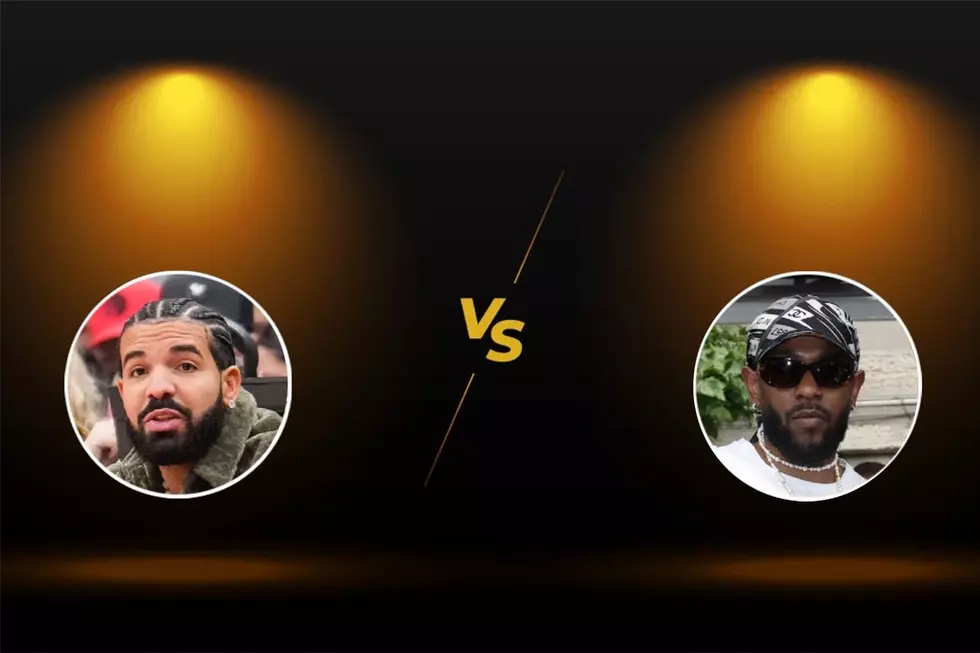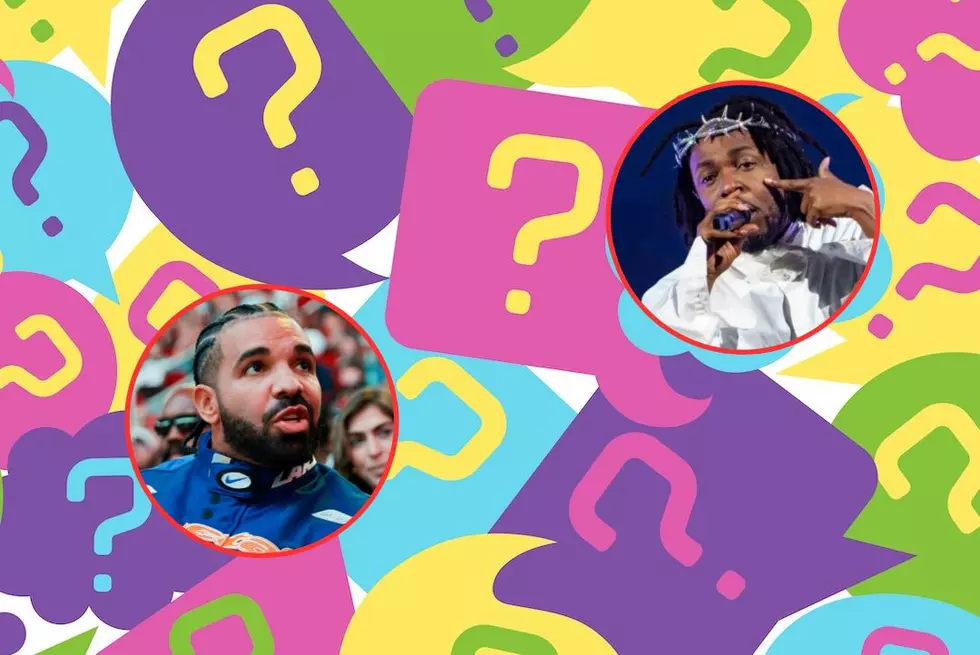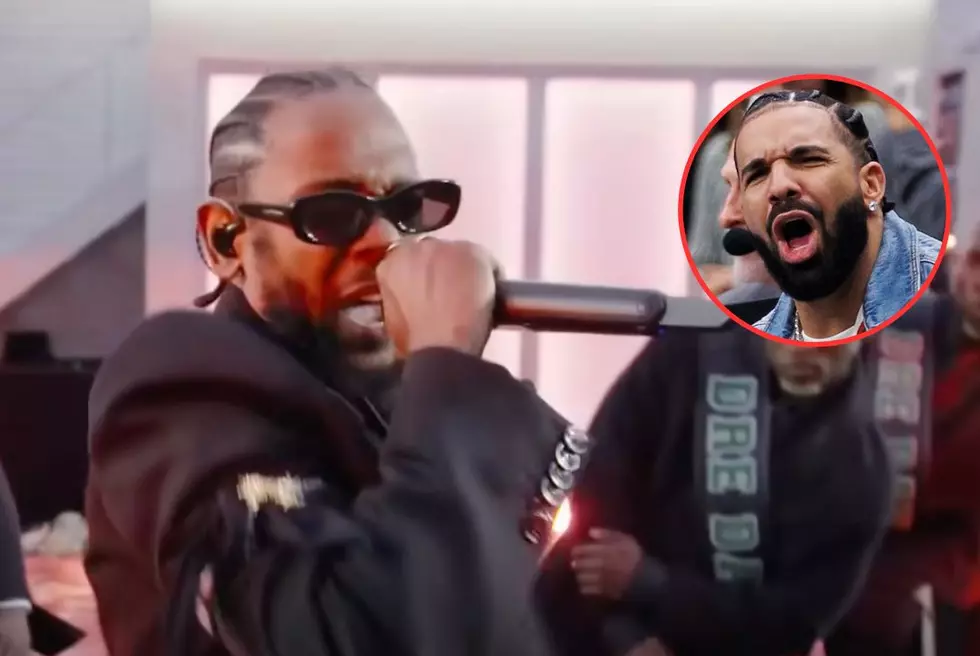
Jay-Z Found His Most Reliable Producers on ‘Vol. 2… Hard Knock Life’ Album
Jay-Z had just reached a little too far.
Immediately following up his undisputed classic debut, 1996’s Reasonable Doubt, with a Bad Boy–boosted stab at pop appeal, Marcy Projects’ coolest son actually gave fans reason to doubt that he had another end-to-end burner in him.
Remember: This was a late-1990s rap landscape, when the sophomore slump snuffed careers and MCs trusted for their hardscrabble origins could be torn to shreds for picking production or collaborators deemed softer than a bubble goose.
No one dared question Jay’s flows or wordplay. But while Jigga had won over the mixtape crowd (actual cassettes, kiddies) on an introductory effort built atop a bulletproof sound bed constructed by longtime N.Y. friends and associates (DJ Premier, Clark Kent, Ski, Big Jaz), for 1997’s decidedly flashier In My Lifetime Vol. 1, he swerved left, hoping to ride the Bad Boy wave.
With Billboard on the dartboard, Puff Daddy and the Hitmen waxed a thick, glossy coat of crossover cream over Vol. 1. So much so that the album’s excellent deep cuts—“A Million and One Questions,” “Where I’m From,” “Friend Or Foe ’98,” “You Must Love Me”—can’t maintain their footing under all that Teddy Riley and Babyface saccharine.
Jay knew his ear for beats had betrayed him, temporarily.
“[Vol. 1] wasn’t fun to me like Reasonable Doubt,” he told MTV in 1998. “It seemed really slow to me, and I didn’t set out to do that, just looking back now and listening to it now.”
On his 44th birthday, Dec. 4, 2013, the icon rated all his LPs from best to worst, and Vol. 1 fell in the mushy middle. Mr. Carter annotated the selection with this: “Sunshine kills this album… fuck.”
It's important to note the missteps of Vol. 1 because, surely, they birthed the triumphs of Vol. 2… Hard Knock Life, released 20 years ago today, but less than 11 months after Vol. 1’s sour taste.
Jay-Z is a business, man, for a reason, man.
By upping his tempo and urgency and, most importantly, his beat selection, Vol. 2 serves as the first case study in Jay-Z’s masterclass of hit making: How to learn from your L’s and spin them into W’s. And he’d later lean on his Dennis Rodman-esque rebounding skills whenever he dropped an average record.
The crowded The Dynasty: Roc La Familia begat the laser-focused The Blueprint. The bloated The Blueprint 2 yielded The Black Album. The wretched Kingdom Come delivered American Gangster. And 4:44 renewed fans' faith after struggling through Magna Carta… Holy Grail.
The artist himself has crowned Vol. 2 an artistic “classic.” It’s the one that taught your mom his name, the one that debuted at No. 1 (a Jay-Z first), the one that sold the most copies (5.4 million and counting) and swiped his only Rap Album of the Year Grammy.
As dangerously dexterous as Jay’s voice is, Vol. 2 relied on its fresh production approach to transcend—and two board-tweakers, in particular, made picking the right singles easy.
While Mark the 45 King sparked things off (and triggered a showtune-rap subgenre; check Jay's 2000 track "Anything") by brazenly swiping that Annie sample for the album’s titular track, Vol. 2 distinguished itself through the Casio-wielding cacophony of Swizz Beatz and Timbaland—the only two producers granted more than one production credit in the liner notes.
Swizz had just four months earlier turned born loser (and Jay’s Def Jam label mate) DMX into a multiplatinum superstar. Hailing from Hova’s storied drug-running destination of Virginia, Timbo had been juicing R&B talents like Ginuwine, Aaliyah and the versatile Missy Elliott with hip-hop smash singles.
For Vol. 2, Hova smartly pounced on two rising stars and shook some of their best work out them while they were still hungry to create, not unlike he’d do with Just Blaze and Kanye West a few years down the road.
1998 should be remembered as the year Jay-Z figured out how to tap producers who could give him a larger-than-life sound without making him look like he’d sold out to get them.
When Swizz wiped his fingers descending down his synthesizer, it was meant as a joke. But looped up and pumped with one of his trademark minimalist drum pattern, the sticky rhythm gave plenty of room for Jay-Z and friends to brag about their (somewhat redundant) trinity of pursuits: “Money, Cash, Hoes.” Swizz’s recognizable fingerprints were all over the morbid concept piece “If I Should Die” and “Coming of Age (Da Sequel),” giving Vol. 2 the in-your-face, contemporary street anthems its predecessor lacked.
Swizz’s reliability would push Jay-Z to circle back to him time and again for future album cuts and hit singles, and surely helped the producer land credits on albums by Memphis Bleek and Beyonce. “Jigga My Nigga” (1999) and “On to the Next One” (2009) have been staples at Jay-Z’s concert for years.
Were it not for the more adventurous Timbaland, we might never know some of the limits of Jay-Z’s elastic vocals. Vol. 2’s “Nigga What, Nigga Who,” a home run that skitters around the bases, allows Jay’s voice to shift gears in thrilling leaps, but it (and the futuristically funky Foxy Brown collab, "Paper Chase") serves as an appetizer for duo’s most boundary-bending showtime pop music.
“Big Pimpin’.” “Dirt Off Your Shoulder.” “Is That Your Chick?” “Hey Papi.” Simply read the song titles and your head reflexively nods. Less-heralded link-ups like “The Bounce” (2002) and Timbo’s onslaught of Vol. 3 album cuts—“Come and Get Me,” “It’s Hot… Some Like It Hot,” and “Snoopy Track”—reinforced the magic these two geniuses can cook up.
Hindsight being 20 years later, and despite its name, Vol. 2 was really just the beginning. —Luke Fox
See 60 Hip-Hop Albums Turning 20 in 2018
More From XXL
